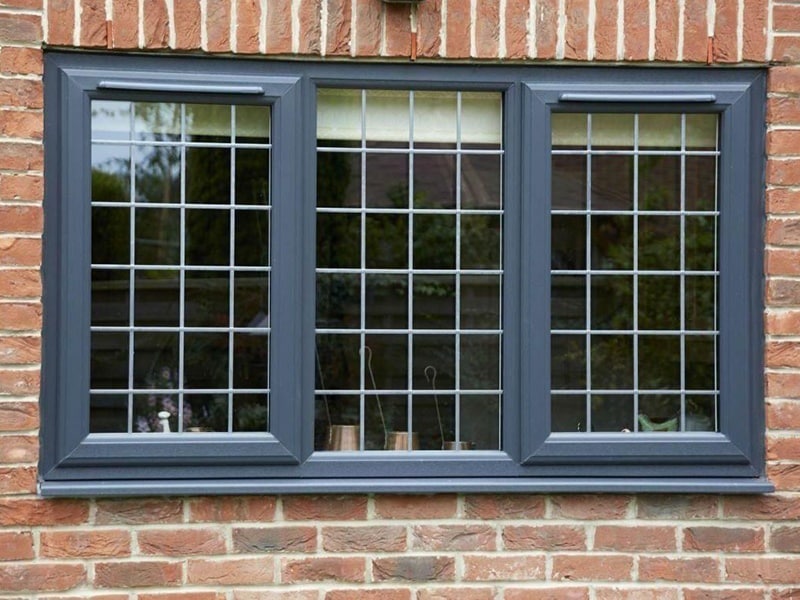Condensation on windows can occur on the inside, outside or in-between the panes of glass, causing them to look ‘misty’. Condensation is caused by moisture that is formed when an object is cooler than the air around it.
Condensation on the outside of the window
This is normal and usually occurs in spring and autumn. At night the glass temperature falls to a low level and when the sun rises in the morning the warmth on the window is a higher temperature than the glass causing condensation. It will normally disappear quite quickly and is nothing to worry about.
Condensation on the inside of the window
It’s quite common to see condensation on the inside of your windows. This is caused by the humidity in your home. In the colder months, when the heating is put on and clothes are dried indoors, the house is heated to a temperature higher than that outdoors. When the cold air from the outside comes into contact with the warm surface of the windowpane (generated from the heat inside) it creates condensation on the inside of the window.
Opening the window briefly can help to get rid of condensation, allowing the cold air to enter and the moist air to escape. You could also leave the vents at the top of the window open overnight.
Condensation in-between window panes
Double glazing is formed from two panes of glass sealed together, with a gap left between them. A desiccant (a substance or chemical that absorbs or attracts moisture from the air) is put in the gap to absorb any moisture. The air, or gas depending on the rating of double glazing you have, trapped inside the window creates an insulating barrier that keeps heat in.
If the airtight seal on the glass breaks or fails, the gas (or air) in the gap between the two panes of glass leaks out, resulting in condensation in the window.
The seal can break for a number of reasons, but it is largely due to the age of the window. If your windows are old, it may be time to replace them. If your windows are quite new, check the terms of your guarantee as the seal might have been compromised or damaged when originally fitted. Use of harsh cleaning chemicals over time can also lead to damage of the seal.
If the seals on your window are broken, you may only need to replace the glass if the frame is still in a good condition. It is important that the seals remain airtight as once the gas starts to leak, they are no longer as effective in insulating your home.


